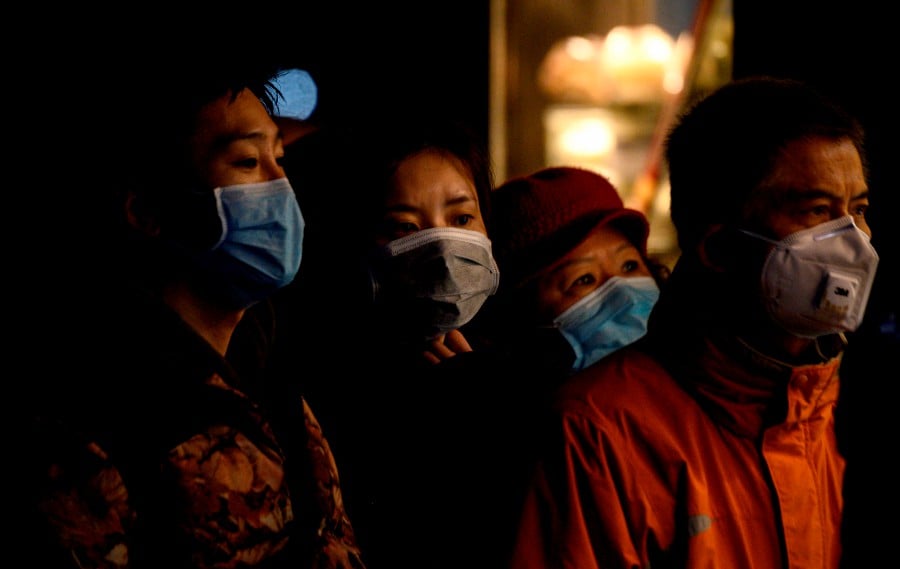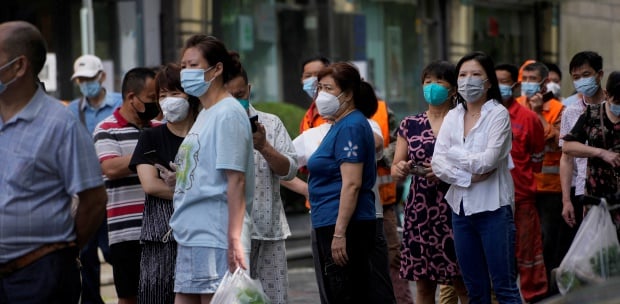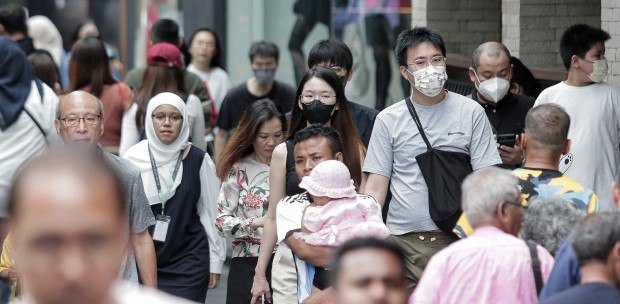THE coronavirus outbreak, now called Covid-19, has shown no sign of a slowdown and the death toll has continued to rise.
While the outbreak is well reported, its link to globalisation has not attracted serious discussions.
This is the inconvenient truth.
Technological change has driven and will continue to boost globalisation, in which the intensity of cross-border exchanges of goods, services and capital has risen amazingly in the last quarter of the century.
What’s more, the movement of people across national boundaries has increased rapidly. These two forces have flattened our planet. The quest for a higher level of living standards has boosted our incomes, but it has also triggered a spectrum of events, such as intensified mass production and consumption spanning the globe.
Both aspects induce cross-border movements of people. Positive results from travellers and hosts are well discussed but stories aboutillicit activities, such as human trafficking, money laundering, smuggling of precious stones and drugs, and the spread of human-to-human infectious diseases are mostly swept under the rug.
No one wants to dispute that globalisation means openness. This process at least implies the extent ofthe borderless economy.
Supporters of globalisation insist that openness or free trade leads to competitiveness. However, they have not examined its shadow sufficiently.
Governments lose room to manoeuvre policy interventions to support citizens who could afford to surf along globalisation waves but infected with contiguous diseases abroad. Equally critical, there are poorer citizens who have contracted contagious diseases at home.
Hence, while governments encourage openness, they also lose control of governance that can add misery to the vulnerable in sovereign territories.
Economist and professor of International Political Economy at Harvard University, Dani Rodrick, says that nation states, democratic politics and deep integration are inatriangular relation but these ideals also create a “trilemma” in political economy. Openness brings about deeper integration with the rest of the world.
Democratic politics promote policies that support openness and enhance competitiveness.
However, nation states are the foundation of democratic politics; they are against immoral and unethical competition that produces a large share of the have-not that defeats the greater good of fairness, equality and social wellbeing in sovereign territories. Hence, two elements can be mutually inclusive but not three.
Democratic politics enhances deep integration and vice versa. But, nation states do not respond to deep integration because they are obliged to support a large group of vulnerable citizens — both with and without globalisation. Nation states and democratic politics are mutually inclusive if deep integration with the rest of the world is not included.
People who are involved in activities related to these issues still give diversified opinions to the extent of disagreement instead of “agree to disagree”. Sometimes, it is the inconvenient truth of globalisation that’s often being avoided in public policies and discourses.
Even when the inconvenient truth is spoken, discussions are left unclear with what kind of priority is to be undertaken to achieve sustainable social wellbeing.
Secondly, and quite often, it is not convincingly resolved due to the fact that it is an inconvenient truth.
The question that needs to be asked is how can governments, international organisations, scientists, medical and health professionals and stakeholders work together to contain the Covid-19 in coming months? The inconvenient truth must not obstruct this mission.
Louis Pasteur said: “When meditating over a disease, I never think of finding a remedy for it, but, instead, a means of preventing it.”
The writer is a professor at Reitaku University, Tokyo, and has been teaching Southeast Asia studies,
international economics, integration, development economics and Asian economy since 1983






